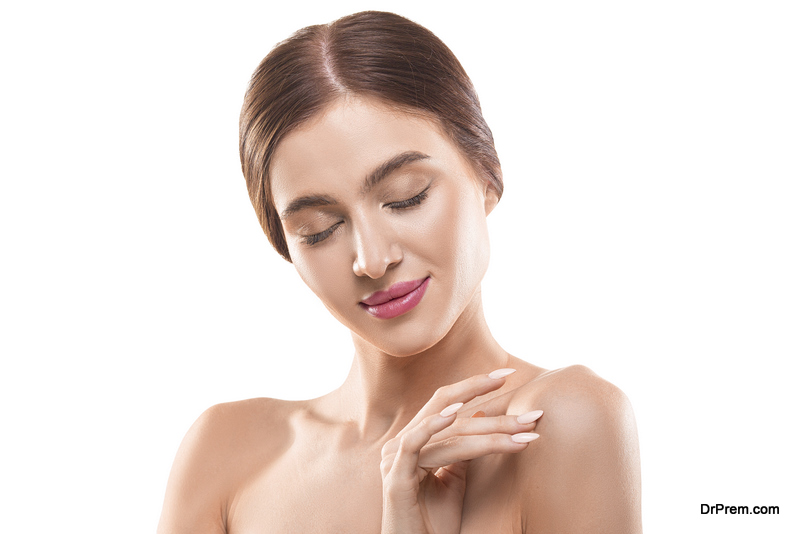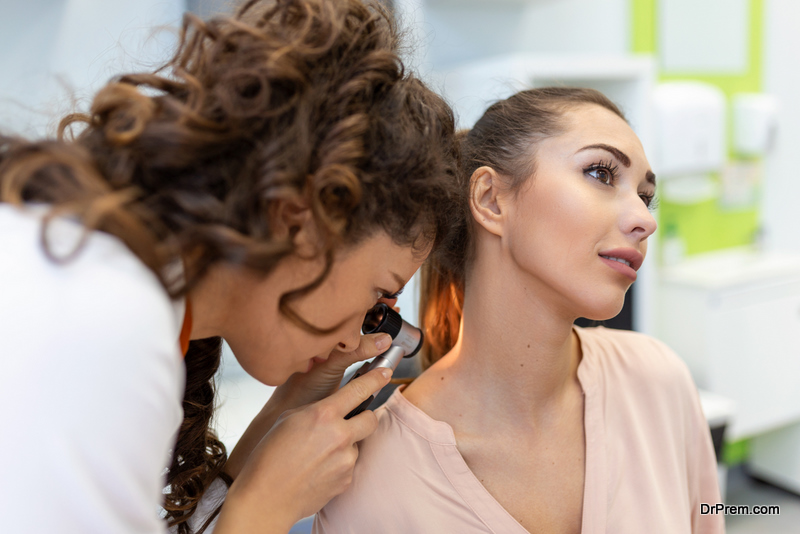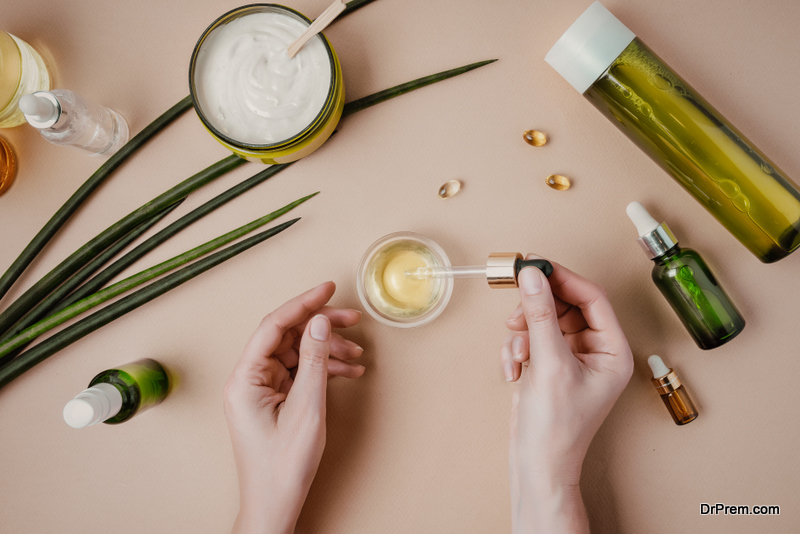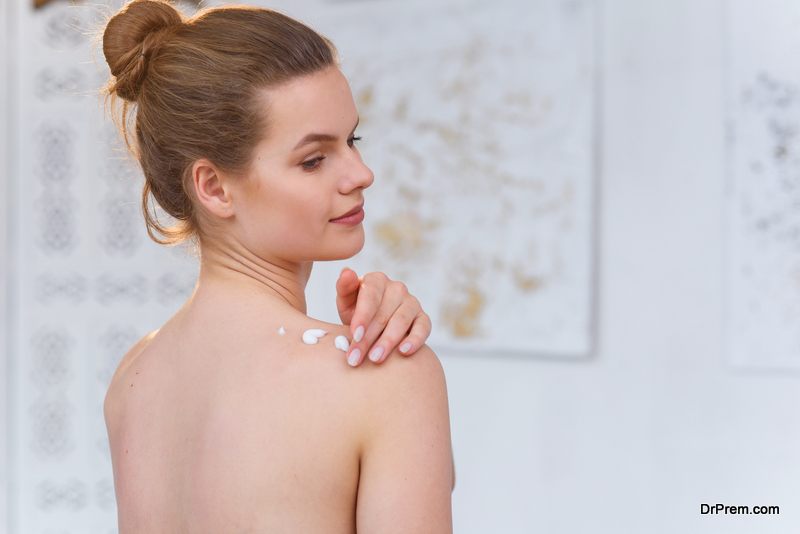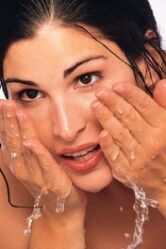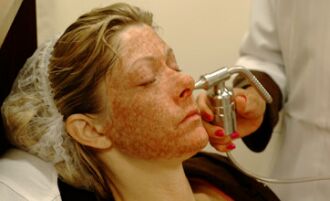Thousands of skincare products, remedies, regimens, and tips are available to those who wish to treat common skin conditions or achieve healthier-looking skin. While it’s great that there are diverse solutions to accommodate varying skin types, problems, goals, lifestyles, and budgets, deciding what works best for you can be challenging. Which skincare solutions are the most beneficial for your skin?
Believe it or not, many people spend a lot of time and money playing a guessing game. Some attempts may yield positive results, while others only worsen their skin. Though developing a skincare routine that works may require some trial and error, you can save yourself the trouble by considering the advice below.
1. Visit A Dermatologist
You can eliminate a lot of guesswork by scheduling an appointment with a dermatologist. These skin experts have the skills and experience to evaluate, diagnose, and treat your skin. An initial visit can answer critical questions about your skin type and conditions. A dermatologist can prescribe topical solutions or other medications to treat underlying skin issues.
A dermatologist is also the best person to ask for recommendations on skincare products and natural remedies. For instance, if you suffer from hormonal acne, they might recommend a stem cell collagen serum to help balance oil production, reduce acne scarring, and soothe pain, discomfort, and inflammation.
2. Shop For Skincare Essentials
Now that you know your skin type and conditions, you can start shopping for skincare products that work for your circumstances. While many products are available, start with the basics and add on later if necessary. A solid skincare routine should include cleansing to remove dirt, oil, and bacteria from your skin, toning to detox, a serum to repair and protect, and a moisturizer for optimum hydration. Finally, you’ll need sunscreen to protect against sunburn and skin cancer.
3. Do Your Due Diligence
If shopping for skincare products is confusing, these tips can help you narrow down your options.
· Research Top Brands
‘When you search for skincare products, which brands stand out most? Choose at least three brands and dig a bit deeper to discover more about the quality and effectiveness of their products. You can check their company website to learn how long they’ve been in business, the types of products they offer, and any studies they have to back up their product statements.
· Read Consumer Reviews
A company’s website can give you the basics of how effective their products are, but customer satisfaction provides better insight. Read customer reviews to learn about other people’s experiences using the products. If you find a lot of negative feedback, you probably shouldn’t make a purchase.
· Review Ingredients
Some harsh chemicals in skincare products aren’t good for your skin. Read the list of ingredients on each product to ensure that they are safe.
· Compare Prices
After researching top brands and evaluating consumer reviews, your list of potential skincare product options should be shorter. The final step is comparing prices to select the most affordable products.
4. Create A Schedule
The next step to developing a skincare routine is to create a schedule. It’s best to treat your skin in the morning and at night before bed. Based on your existing obligations, decide the appropriate times to dedicate to your skincare routine. You’ll need at least 30 minutes for an effective regimen. It may be necessary to set an alarm in the beginning until your skincare routine becomes second nature.
5. Stick To It
Once you’ve developed a skincare routine, the final factor is consistency. To see positive results, you must maintain your regimen daily. Setting goals and tracking progress can help you stay motivated to stick with your plan.
6. Adjust (If Necessary)
As you complete your skincare regimen, pay attention to how it’s affecting your skin. Do you see the results you want? Are any of the products giving you issues? Depending on the answers to these questions, you may need to make adjustments like switching products, increasing or decreasing frequency of use, or combining products to achieve better results.
Your skin is exposed to various climates, chemicals, bacteria, and environmental toxins that can deteriorate it’s healthy and youthful appearance. While you can’t control or change many of the things you’re exposed to daily, you can keep your skin looking flawless by developing a solid skincare routine. Use the above advice to shop for products and create a regimen that works for you.
Article Submitted By Community Writer


